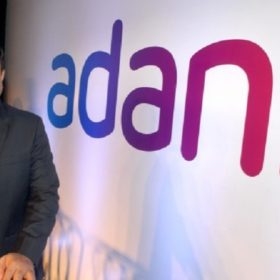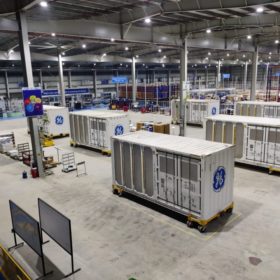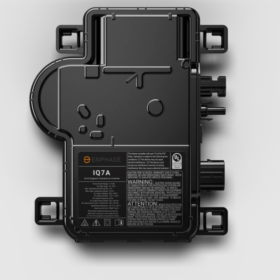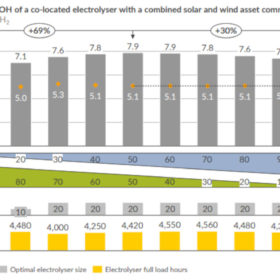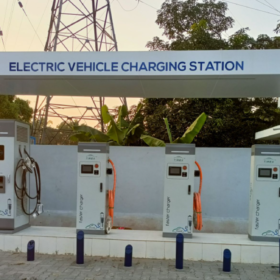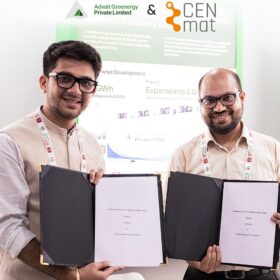TotalEnergies to acquire 25% stake in Adani’s green hydrogen unit
France’s TotalEnergies has signed an agreement with Adani Enterprises to acquire 25% of its new energy arm, Adani New Industries Ltd. The joint venture platform, ANIL, will be integrated across the value chain to drive down green hydrogen production costs. It aims to develop a green hydrogen production capacity of 1 million tons per annum by 2030.
Amara Raja bags India’s first green hydrogen fueling station project
Amara Raja’s power system business has landed a contract with NTPC to set up India’s first green hydrogen fueling station in Leh district, Ladakh. NTPC is running a pilot project in the region with five hydrogen fuel cell buses.
Tata Power posts 50% jump in net profit for FY2021-22
Tata Power’s profit after tax grew by 50% year on year to INR 2,156 crore ($276 million) for the fiscal year ending March 31, 2022.
General Electric to triple its solar and battery energy storage capacity in India
The US multinational will expand the solar and battery energy storage manufacturing capacity at its factory in Tamil Nadu to 9 GW per annum by the end of 2022. The factory manufactures FlexInverter power conversion solution and FlexReservoir utility-scale energy storage solution.
Toyota unveils 8.7 kWh battery for residential applications
The battery has a rated output of 5.5 kW and can be installed in outdoor environments. It is equipped with a hybrid power conditioner, a DC-to-DC converter, and a vehicle power supply adapter with a maximum output of 1.1 kWh.
Indian renewable energy sector recorded $14.5 billion investment in FY2021-22
The investment needs to more than double to $30-$40 billion annually for India to reach the 2030 renewables target of 450 GW.
Technologies revolutionizing solar energy
Advanced solar panels, inverters, batteries and plant monitoring technologies are revolutionizing the solar sector.
Solar-plus-storage vs. wind-plus-storage
US scientists have come up with an analytical way to evaluate the costs and net value of different configurations of large-scale wind and solar projects paired with battery storage. They identified six trends in the US electricity market and found that their framework is aligned with current commercial practices.
Green hydrogen price may drop to €5 kg by 2025
Aurora Energy Research says in a new report that maximum green hydrogen project profitability could be achieved when solar and wind power plants are combined with electrolyzers.
Tirex, Power Grid to deploy DC fast-charging EV stations across India
Gujarat-based Tirex Transmission will supply 60 kW DC fast chargers for Power Grid Corp. of India’s new EV-charging infrastructure project. The chargers feature combined charging system output connectors, so multiple vehicles can be charged simultaneously.
